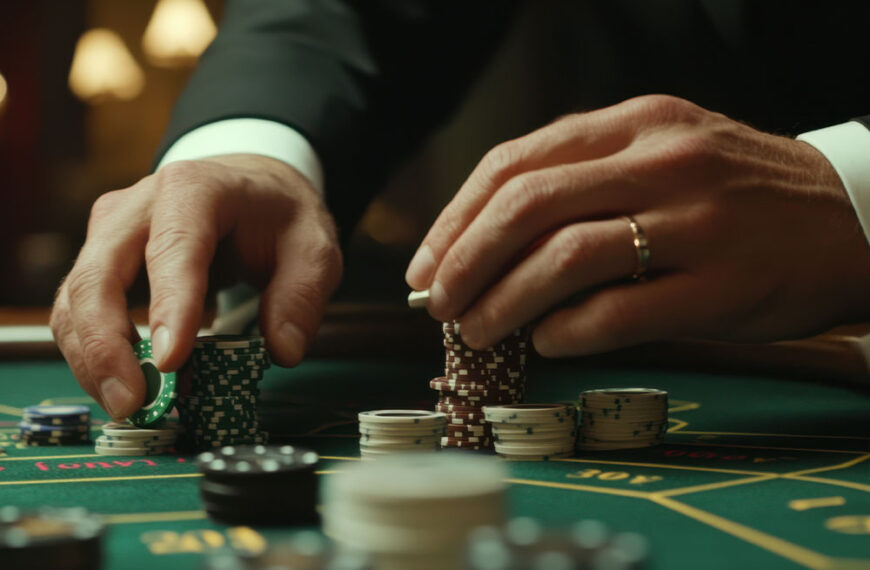The allure of beating the house is a powerful one. Countless gamblers have poured over books, websites, and whispered theories, all searching for the elusive “winning strategy” that will guarantee riches at the casino or online poker table. The truth, however, is far less glamorous. This post will dissect the common gambling systems touted as foolproof, revealing why they ultimately fail and why consistent winning in gambling remains exceptionally challenging.
Let’s start with the most infamous: the Martingale system. This system relies on doubling your bet after every loss, promising that an eventual win will recoup all previous losses and generate a profit. While it seems mathematically sound on paper – a win *must* eventually occur – its fatal flaw lies in the limitations of bankrolls. A long losing streak, which is statistically inevitable in games with a house edge, can quickly deplete even the largest bankroll. The seemingly small house edge compounds exponentially with each doubled bet, leading to catastrophic financial consequences.
Another popular, yet equally flawed system, is the Fibonacci system. This uses the Fibonacci sequence (1, 1, 2, 3, 5, 8, etc.) to dictate bet sizes. After a loss, you move up the sequence, increasing your bet. After a win, you move down two steps. While this system appears to offer a more gradual progression, it still suffers from the same fundamental problem: the house edge relentlessly chips away at your bankroll, even if you manage to string together a few wins. Consistent profitability remains elusive.
The Paroli system, on the other hand, focuses on increasing bets after wins. It suggests doubling your bet after each win, stopping only after a loss. While this appears to manage risk better than the Martingale, it ultimately suffers from the same issue: the house edge. The system relies heavily on winning streaks, which are inherently unpredictable in games of chance. A long losing streak can quickly erase any gains achieved through this strategy.
The reality is that all these systems, and countless others like them, are predicated on the false assumption that past results predict future outcomes. In true games of chance, each event is independent. The roulette wheel doesn’t “remember” past spins, and neither does a deck of cards. The house always has a built-in advantage, whether it’s a small percentage in roulette or the rake in poker. This edge, multiplied over countless rounds, guarantees the casino’s profitability in the long run.
So, what’s the takeaway? Gambling should be approached as entertainment, with a pre-determined budget that you’re comfortable losing. Chasing losses with complicated systems is a recipe for disaster. While short-term wins might occur, relying on these systems for consistent, long-term profits is a gamble you’re almost certain to lose. Focus on responsible gambling and manage your expectations – the odds are always stacked against you.











